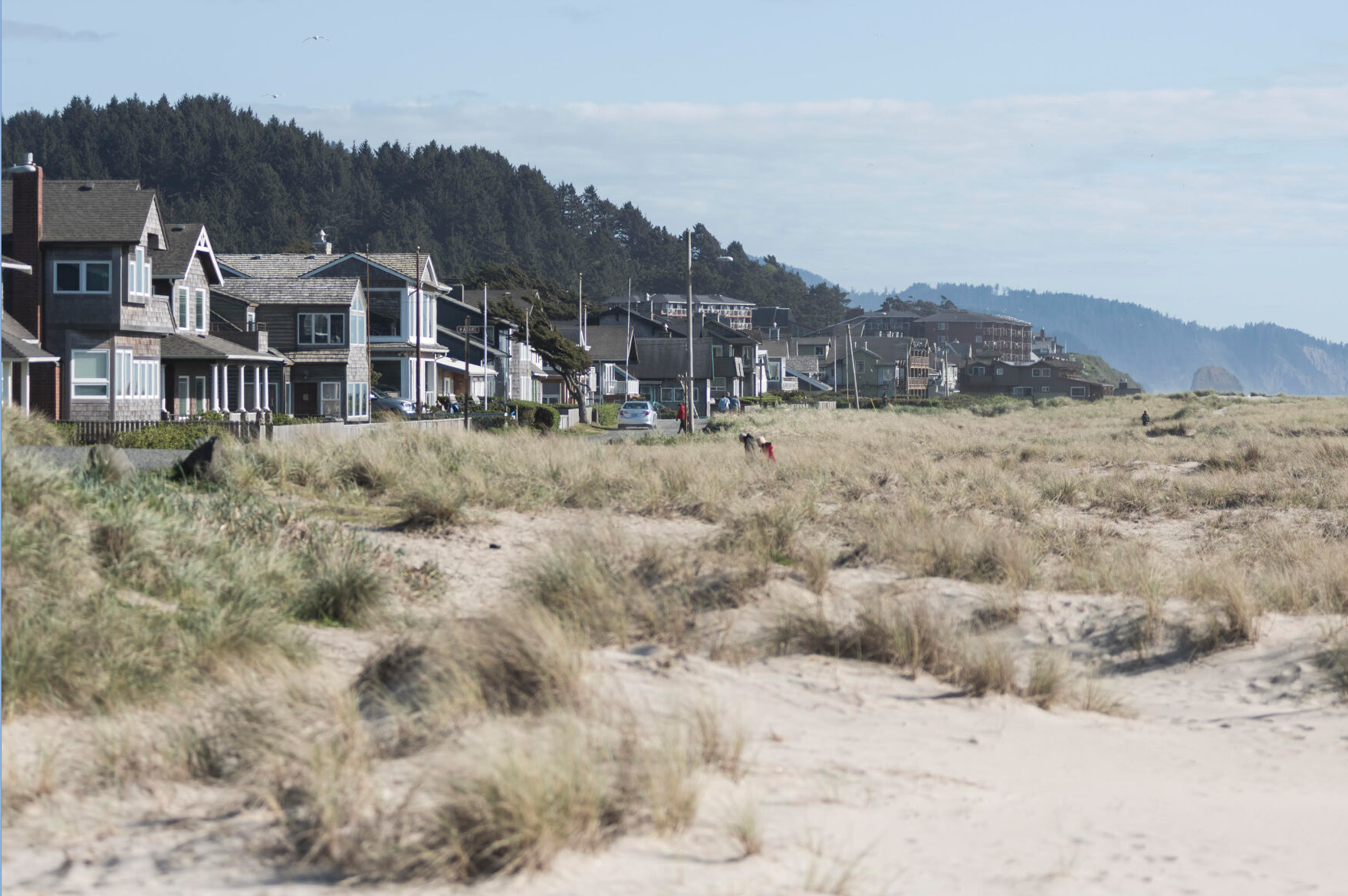College welding program to expand with industry support
Published 9:30 am Friday, June 28, 2024

- Clatsop Community College hopes to better align a welding program with job skills.
An effort to expand the welding program at Clatsop Community College is moving forward with support from industry leaders, who are aiming to increase the pool of qualified local welders.
Trending
Conversations between the college and local business leaders — including Bob Dorn, of Hyak Maritime, Willie Toristoja, of WCT Marine & Construction, and Greg Morrill, of Bergerson Construction — began several months ago under the direction of Mike Brosius. Brosius, a retired Costco executive, found that the businesses have a high demand for welders, but rarely hire from the college’s welding program.
The conversations illustrated a disconnect between education pathways and industry needs. The college’s welding curriculum has not historically aligned with the skills employers need, so instead of drawing from cohorts of locally trained welders, businesses have largely poached employees from elsewhere.
Now, industry leaders are hoping to bridge that gap. Dorn, Toristoja and Morrill, as well as former state Sen. Betsy Johnson and an anonymous donor, have contributed funds to the college to expand the welding program and offer scholarships for welding students.
Trending
One notable signal of the disconnect the partnership is hoping to repair: students in the welding program typically work toward a two-year associate’s degree or a certificate of completion, which, according to Morrill, is “only mildly meaningful” on the industry side.
More valuable, industry leaders stressed, is an American Welding Society certification, a process that can take as little as three to six months.
To meet this demand, welding instructor Jesse Fulton designed a course specifically geared toward obtaining this certification. Students can enroll at the college just for the certification course, or they can use the course as a technical elective toward a two-year degree, in which case they can have the cost of certification covered by financial aid.
Certification is a major boost for welders seeking employment.
“Having been certified, it shows that you’ve at least met competency one day in your life,” Fulton said.
The welding program also plans to increase class offerings to allow for a larger pool of students. Starting in the fall, the program will offer classes four nights a week, and possibly on Saturdays, in addition to regular daytime hours. Fulton hopes the expansion of hours will ease the burden on students who are working full time in addition to pursuing their welding certification.
“We have some people who work nights, so they come in for the morning classes,” Fulton said. “They’re full-time employees, but that’s why it’s important that we have so many offerings. And as long as the need is there, it’s nice to be able to fill that.”
Fulton noted that the college’s welding classes have all been full for the past three years. He expects that the 15 additional spots available this fall will also be in high demand.
To support the new pool of students, $22,500 in scholarships will be made available through the college foundation. Angee Hunt, the director of the foundation, explained that funding for each student will depend on need.
“Instead of like, we’re going to have 10 scholarships for $3,000 — not everybody’s going to need that $3,000,” Hunt said. “So it gives us a little more flexibility to have a pot of money to use to help students with this program.”
Brosius hopes the scholarships will lower the entry cost of a career in welding, so students can quickly pay back any loans.
“You get basic welding down, then you get aluminum (welding), you get stainless steel, you get other things that can easily get you into the $35 an hour wage pretty quickly,” Brosius said. “Our goal was to create a living wage with this program. And we think we’ve done that.”
Brosius and Hunt both emphasized that the partnership could serve as a model for future collaborations between the college and local industries.
“It’s exciting that we were able to kind of bring everybody together — the community, the college, the foundation,” Hunt said. “And it’s something that could have a great impact for a local community. And hopefully, it will be successful and we can use it as a template for other sectors that could similarly benefit from these types of partnerships.”









